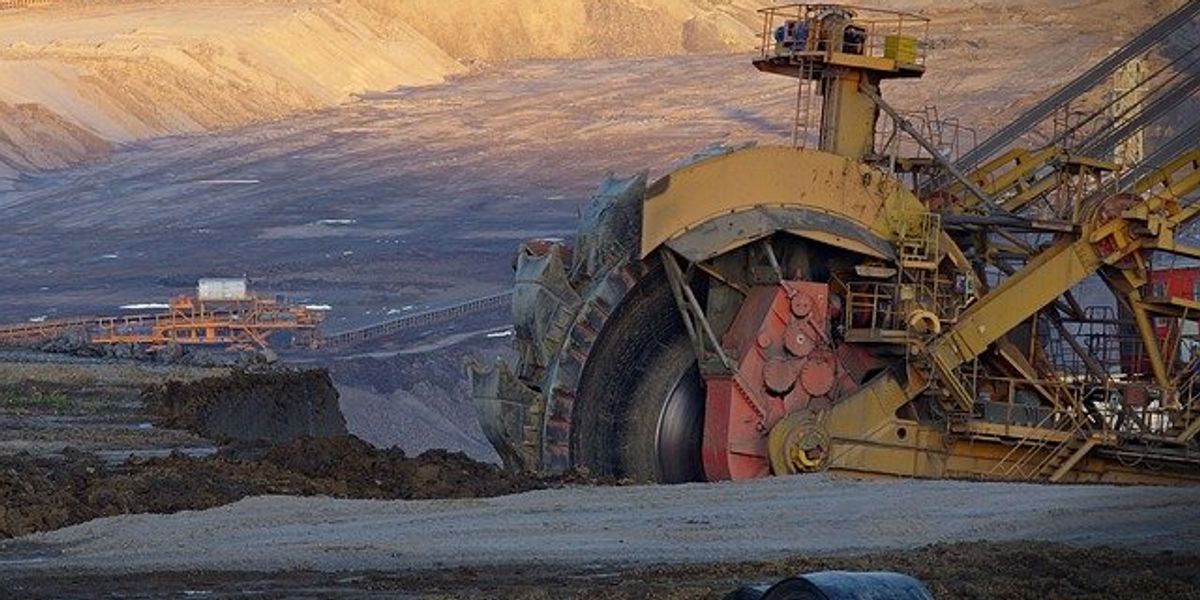
AI’s rising energy needs could overwhelm climate efforts without better oversight
By 2030, artificial intelligence is projected to consume more electricity in the U.S. than all major industrial manufacturing sectors combined, prompting warnings over the environmental cost of poorly managed growth.
Fiona Harvey reports for The Guardian.
In short:
- A new International Energy Agency (IEA) report finds global electricity use by datacentres — driven primarily by AI — will more than double by 2030, with demand from AI-specific facilities alone expected to quadruple.
- The IEA downplays fears that AI alone will derail climate goals, suggesting its potential to optimize energy systems and improve efficiency could balance out emissions — if properly directed.
- Critics argue the IEA is underestimating risks, warning that datacenter expansion could revive fossil fuel power, strain water resources, and undermine recent energy-saving gains in developed nations.
Key quote:
“Instead of making practical recommendations to governments on how to regulate and thus minimize the huge negative impact of AI and new mega datacenters on the energy system, the IEA and its [chief] Fatih Birol are making a welcome gift to the new Trump administration and the tech companies which sponsored this new U.S. government.”
— Claude Turmes, former Green MEP and energy minister for Luxembourg
Why this matters:
Artificial intelligence may be powering a new era of innovation — from optimizing city buses to predicting climate tipping points — but the physical machinery behind that intelligence comes with a steep environmental price. Datacenters the sprawling facilities that house the computing firepower behind AI, are already straining electrical grids and depleting water resources at an alarming pace. Their demand for energy is surging, with some of the largest facilities requiring as much power as small cities, and many rely on carbon-heavy grids or private deals with legacy power providers. The result is a deeply paradoxical picture: AI helping scientists understand and mitigate climate risks, while its own infrastructure amplifies them.
Read more: Internet data centers are driving the resurgence of coal power













